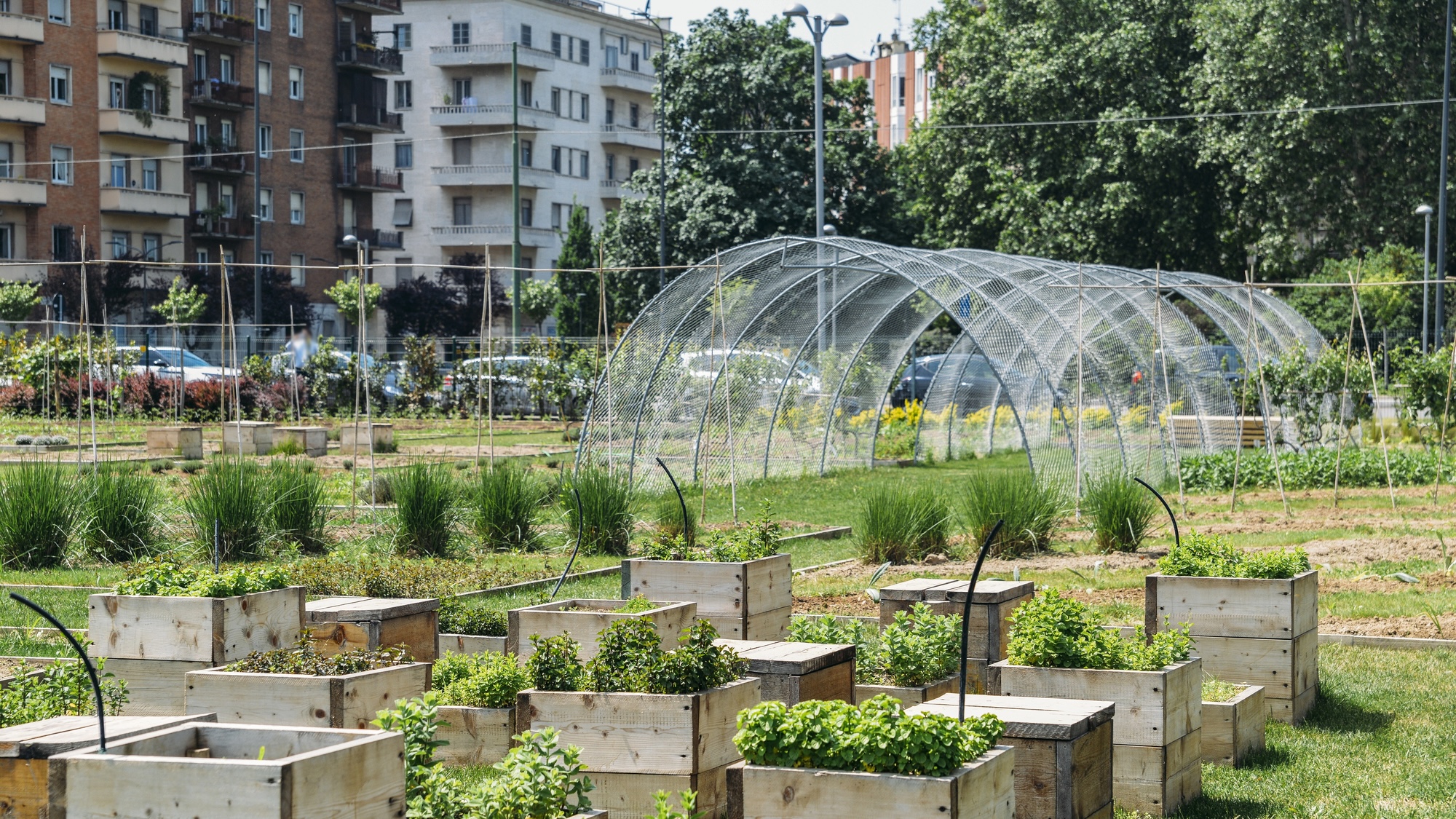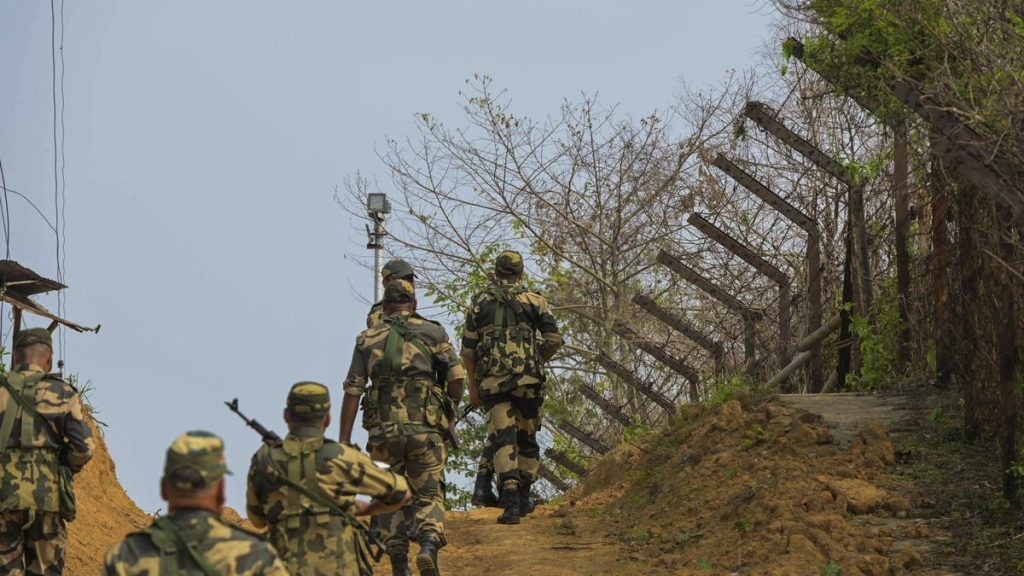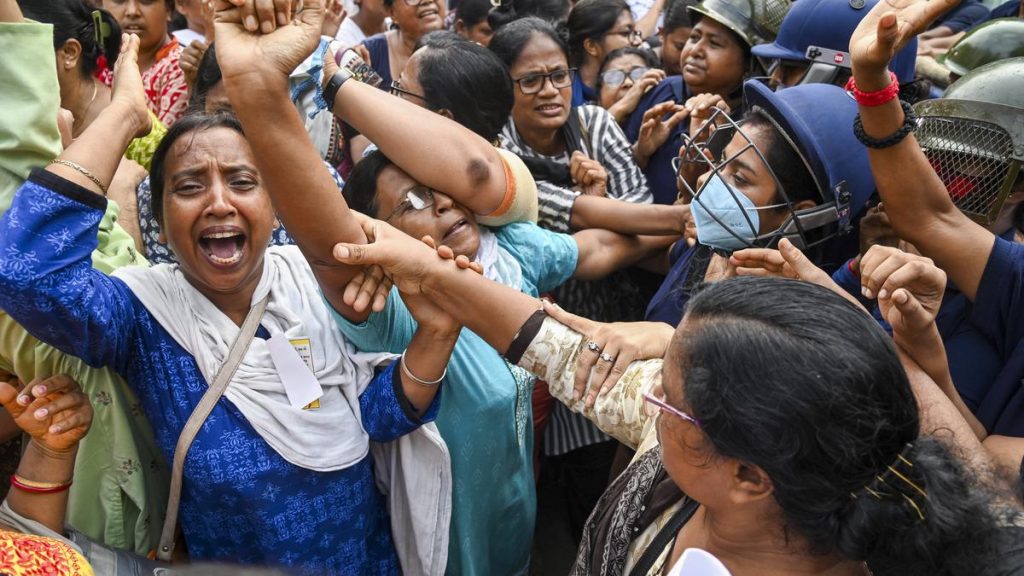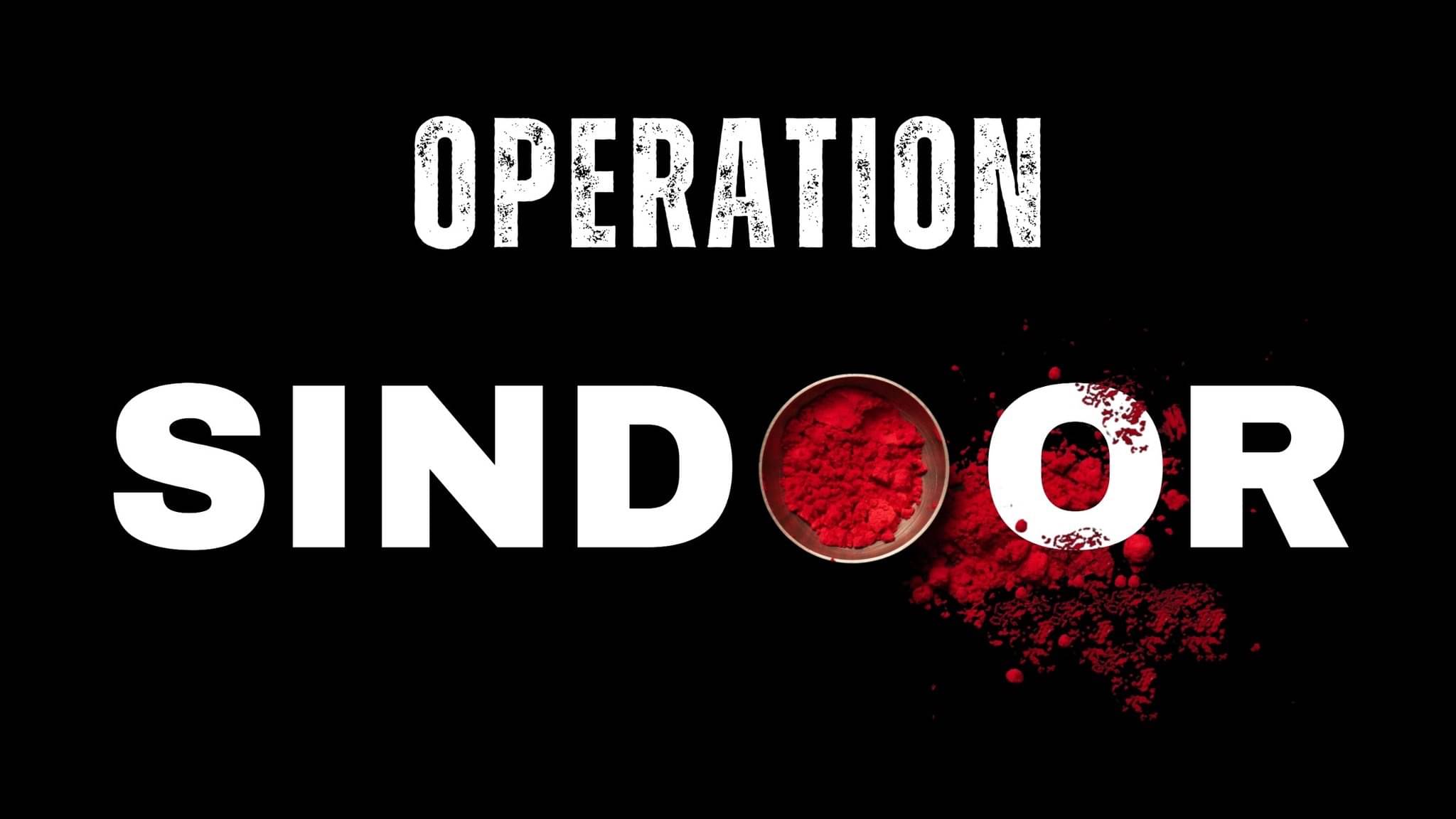Now Reading: Surviving Global Crises: Power of Community Over Commerce
-
01
Surviving Global Crises: Power of Community Over Commerce
Surviving Global Crises: Power of Community Over Commerce

Quick Summary
- Research published in PLOS One highlights the potential of urban gardening to sustain food supplies during catastrophic events like nuclear attacks or solar storms.
- Study authors Matt Boyd and Nick Wilson analyzed Palmerston North, a mid-sized city in New Zealand, concluding that 20% of its food needs could come from urban gardens with existing residential and open spaces.
- To fully meet food demands, 4.4 square miles of surrounding land would need to be used for agriculture under normal conditions, including crops like peas and potatoes; sugar beets and spinach are better suited for nuclear winter scenarios.
- Urban planning focused on localizing food production is critical during crises where global trade disruption impacts industrial food systems dependent on fuel imports.
- Boyd argues societal-level cooperation is essential for resilience plans against pandemics or global disasters, emphasizing low-tech options such as community farms over isolated billionaire bunkers.
- Islands cited as refuge options by wealthy investors often face vulnerabilities due to reliance on trade and supply chains.
!Research shows that urban gardening could provide 20 percent of food for a mid-sized city.
Indian Opinion Analysis
This research underscores the growing importance of resilience planning amidst unpredictable catastrophic risks such as nuclear conflicts or climate shocks affecting essential resources like fuel or commodities vital to food supply chains. For India-a nation with dense urban centers vulnerable to disaster-related disruptions-the promotion of localized agriculture could mitigate vulnerabilities in such scenarios while addressing preexisting issues like malnutrition and rural-to-urban migration pressures.
India’s policy focus has leaned toward sustainability initiatives (e.g., rooftop farming or community gardening projects), but integrating these strategies into emergency preparedness frameworks-particularly through zoning reforms-might yield broader societal benefits over time. A collaborative approach between goverment stakeholders, communities, and private entities can reinforce India’s agricultural systems’ adaptability while reducing dependencies on external forces during crises.
























